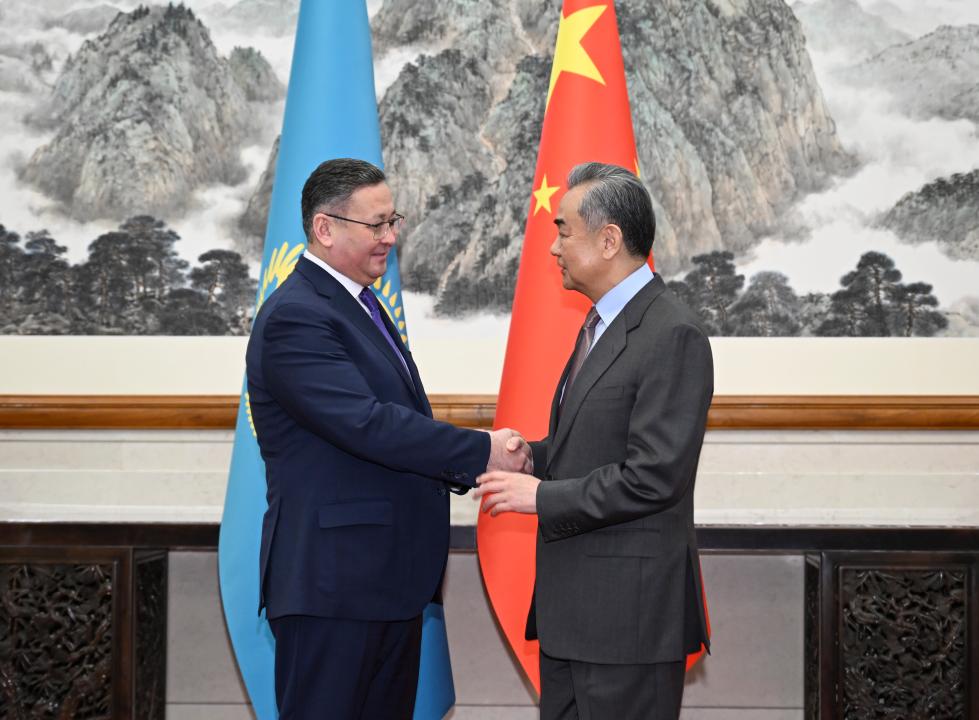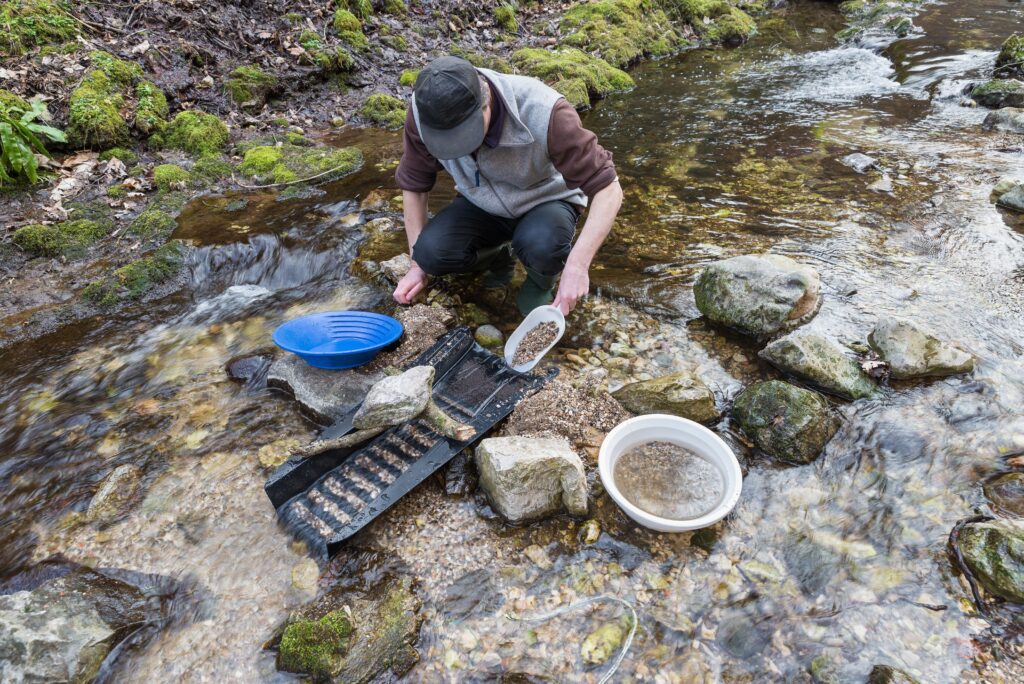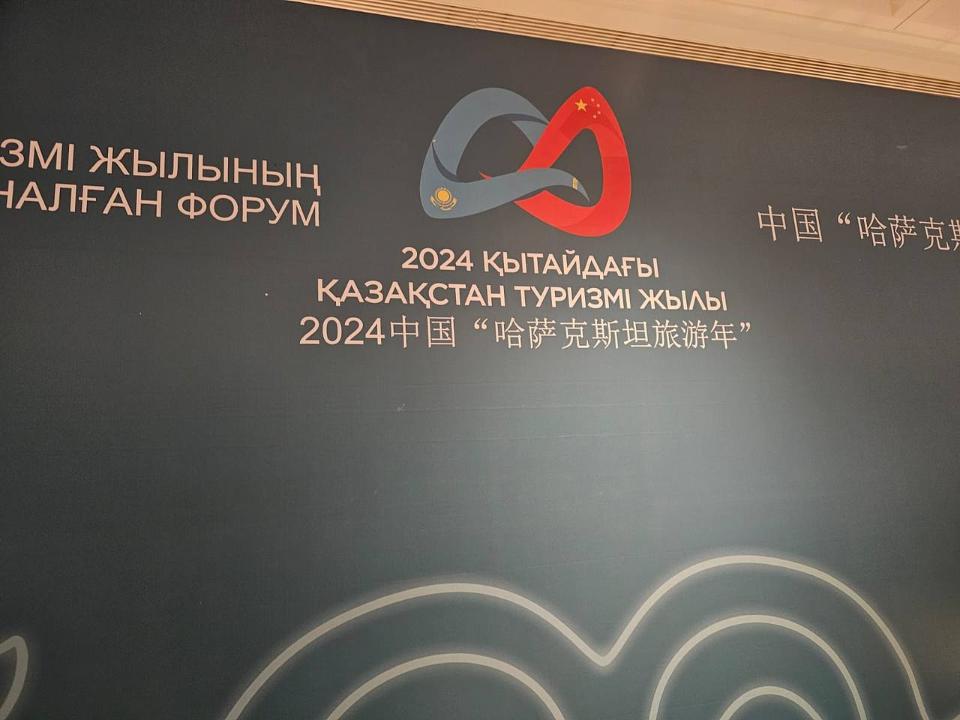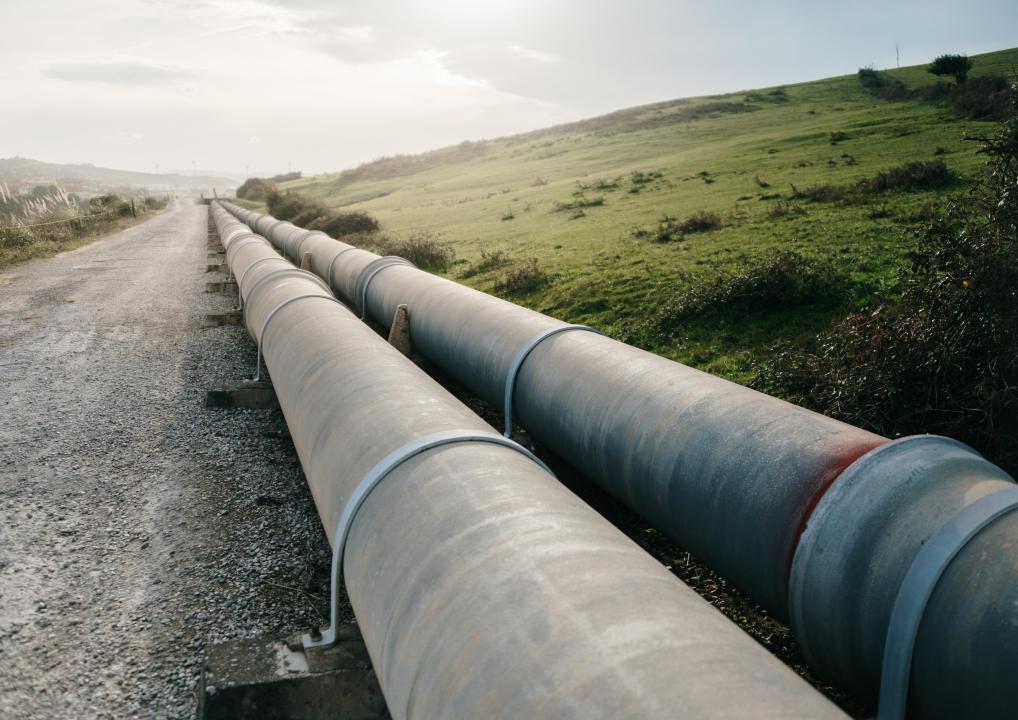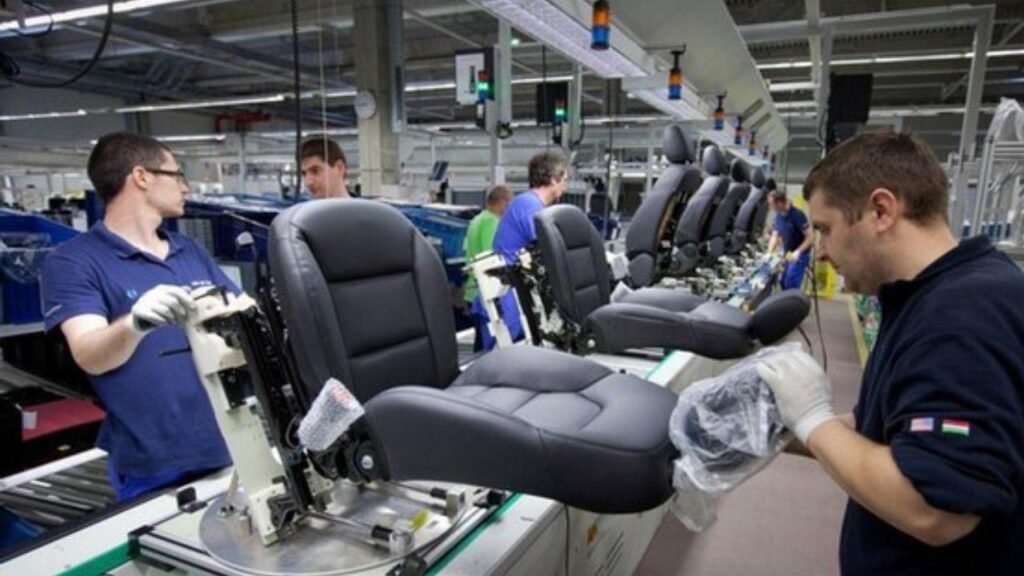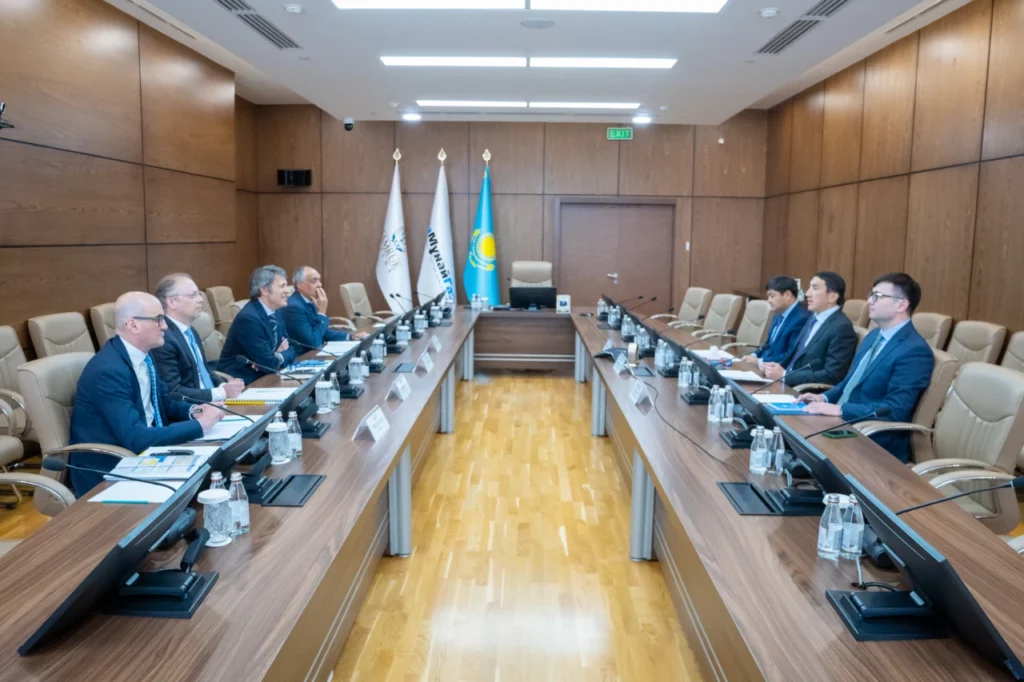Kazakhstan and China Strengthen Strategic Partnership
On 29 March Kazakhstan’s Deputy Prime Minister and Minister of Foreign Affairs, Murat Nurtleu visited China for the first meeting concerning the establishment of the Strategic Dialogue between Kazakhstan and China. Following discussions with Chinese Foreign Minister Wang Yi on political, trade, economic, investment, and cultural cooperation, Minister Nurtleu reported: “We attach great importance to the development of relations with Beijing. We have established a comprehensive strategic partnership, which is being strengthened through personal friendly contacts of our leaders.” Citing the fact that in 2023, China became the Kazakhstan’s largest trading partner, with an increase in turnover of bilateral trade of over 30% to 41 billion US dollars, he emphasized the need for further promotion of joint economic, transport and logistics projects within the framework of China’s Belt and Road initiative. In turn, the Chinese Foreign Minister stated, “Kazakhstan is our authoritative strategic partner in the region” and announced that China is ready to fully strengthen and enhance cooperation with Kazakhstan. The ministers also noted that the significant intensification of cooperation between the two countries was largely due to the introduction of the mutual visa-free regime implemented in November last year.
